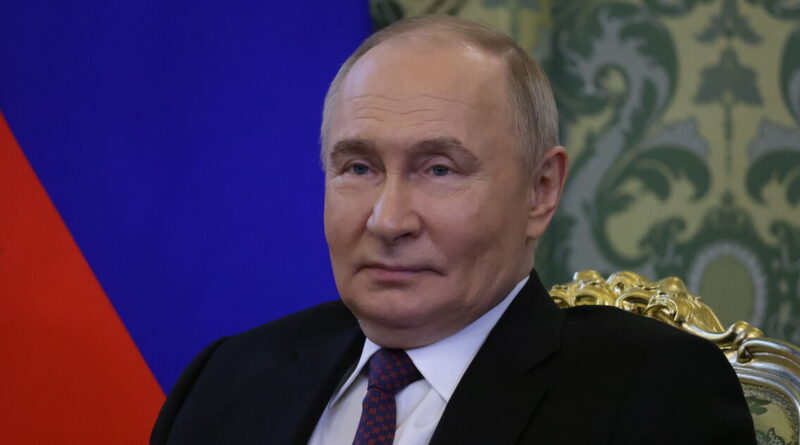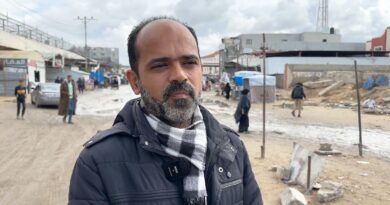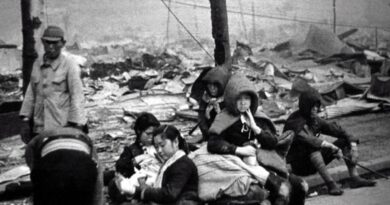Russia economy meltdown as sales of trucks plummet by 50% and investors are put off | World | News
The Russian economy has been issued yet another dire warning as vehicle sales tank amid shrinking investments in the highly sanctioned country. In the first five months of the year, sales of buses and trucks plummeted by more than 50% compared with the same period last year, according to the Russian Ministry of Industry and Trade.
The sale of light commercial vehicles also fell by 17%, and the supply of Russian machinery and equipment declined by 14% over the past year. Dmitry Belousov from the analytical centre CMAKS said there has also been “a sharp decline in the intensity of investment activity in the economy”. The Minister of Economic Development, Maxim Reshetnikov, warned that an increasing number of industries are experiencing a “decline in output” alongside slumping consumer demand.
He said: “We see that more and more industries in the real sector are showing a decline in output. The growth rate of consumer demand is slowing down.
“At the same time, the increase in the population’s income continues to go into savings, and not to the consumer market.”
Reshetnikov explained that tougher policies and regulations are suffocating the Russian economy and putting off investors from risking their money in a variety of industries.
He added: “The tightening of monetary policy and banking regulation measures are influencing the contraction of lending.
“Demand for investment products is shrinking. First of all, for mechanical engineering products, special equipment, trucks, light commercial vehicles and buses.”
Reshetnikov previously called on Russia‘s Central Bank governor, Elvira Nabiullina, to ease monetary policy so that the country can meet Vladimir Putin‘s target of 3% growth.
On Friday, Russia cut its sky-high interest rates for the first time since September 2022, suggesting that inflation pressures are beginning to ease.
The Bank of Russia slashed rates from 21% – the highest level since the benchmark rate was introduced in 2013 – to 20%.
The central bank said: “While domestic demand growth is still outstripping the capabilities to expand the supply of goods and services, the Russian economy is gradually returning to a balanced growth path.”
Despite this, monetary policy will remain tight “for a long period”, it said, to bring down inflation to its target of 4% from 6.2% in April.





